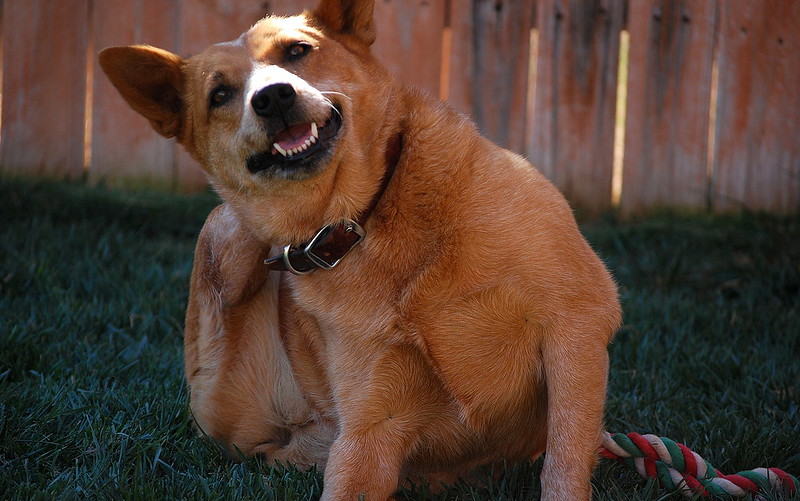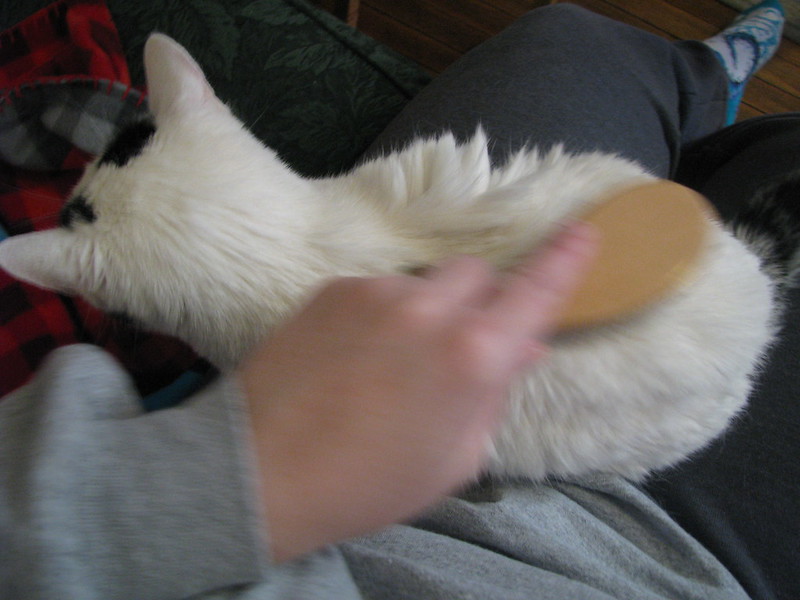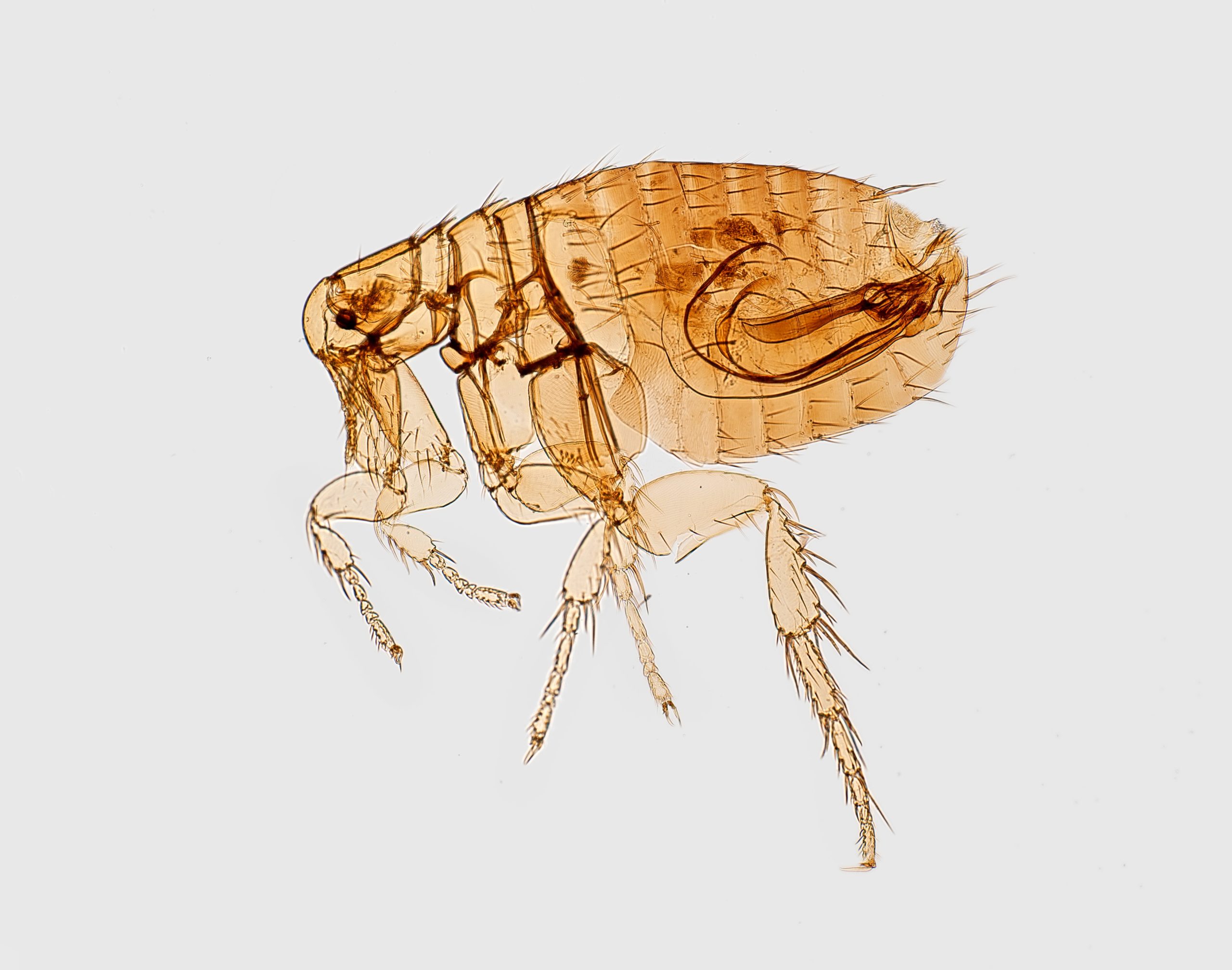Disappearing Act: Will Fleas Just Go Away On Their Own?
Will fleas just go away on their own? No, they won't. Let's learn about what attracts fleas in the first place and how to take your home back from these pests.

Will fleas just go away on their own? No, they won't. Let's learn about what attracts fleas in the first place and how to take your home back from these pests.

Fleas are a common nuisance that pet owners often face. When a flea infestation strikes, it can feel like an uphill battle requiring a lot of hands-on intervention. You might wonder whether fleas will go away on their own. Unfortunately, they will not, and we’re going to delve into why.
Some of the topics we’ll cover include:
Let’s get started so you can get rid of these pests sooner rather than later!
When fleas find a good place to live, namely on your pet and in your home, they’re very unlikely to leave on their own accord. After all, they’re living rent-free, they have plenty to eat, and if you’re not trying to eliminate them, they have a pretty good deal going! They aren’t going to go anywhere.
Keep in mind that the flea lifecycle has four stages, so you might not notice much activity when the majority of the leas are in the egg, larva, or pupa stages. Once they’re adults, though, watch out! If you notice a decrease in fleas and you haven’t taken specific steps to exterminate them, be aware that they’re probably just in their dormant stages and haven’t hatched into adulthood yet.

Of course, some pets and homes are more attractive than others when it comes to a flea infestation. If you happen to live in a warmer climate, you’re more likely to get fleas than your colder-climate cousins. Without a cold winter to kill off the insects, they’ll just proliferate year-round. (Unfortunately, even living where it’s snowy won’t kill off all of the critters that are snug as a bug in a rug inside your warm, cozy house.)
Having pets makes your home a delicious buffet for fleas. They don’t only live on cats and dogs, either; fleas can make themselves at home on pet rodents, birds, and any other warm-blood creatures you have living in your home. The good news is that they won’t live on humans, though they may bite you on occasion.
Finally, a lack of regular cleaning can allow fleas to reproduce unchecked. If you’re not vacuuming frequently, wiping down surfaces, and grooming your pets, nothing is interrupting the flea lifecycle. This isn’t to say that fleas only infest dirty homes, just that they’re more likely to thrive in an environment that isn’t cleaned often.
An ounce of prevention is a worth a pound of cure, and there are some things you can do to prevent a flea infestation in the first place. These will also help you keep down the flea population as you battle an infestation:

Once you have fleas, it takes a lot more effort to get rid of them than it did to prevent them in the first place. In many cases, it can be done naturally without the use of chemicals. Other times, though, you will need to rely on chemical products.
Natural ways to combat fleas include frequent vacuuming, using Borax or diatomaceous earth first. Sprinkle the powder on your carpets and upholstery, working it in with a broom if needed. Then vacuum several times to remove the powder and the dead fleas. The powder will continue drying out and killing fleas over a period of time, so you’ll need to vacuum each day. In addition, you’ll need to do a lot of laundry, washing all bedding, blankets, couch pillows, and so on, that your pet has access to.
Of course, you’ll also need to wash your pet. You will probably need to use a flea-killing formulation, but again, only use products designed for the species of pet you have. Do not use dog shampoo on cats or vice versa. Very young pets can often be safely washed with blue Dawn dish liquid, but check with your veterinarian.
Chemical treatments can include various flea medications, sprays, powders, and foggers. Talk to your vet before using any products on your pet. Also, read the instructions carefully and take the necessary precautions recommended. For example, you may need to cover food-prep areas in your kitchen before using certain sprays or foggers.
If you have been trying to get rid of fleas and you don’t see a drastic improvement within 2-3 weeks, it’s time to call in the pros. A professional exterminator will have access to tools and chemicals that you don’t, and they know how to use them safely. It’s worth the cost to eliminate a flea problem if you aren’t having luck on your own.

One belief that many people have is that fleas can live in human hair. Is that really the case? The answer is no, fleas don’t live on humans… at least not usually.

The bad news is that you have fleas in your home. The good news is that fleas are generally not too hard to get rid of on your own. But how long does it take to get rid of fleas?

Fleas are unwelcome guests that can turn your home into an itchy, uncomfortable problem. We’ve got tips to help you get rid of fleas fast.